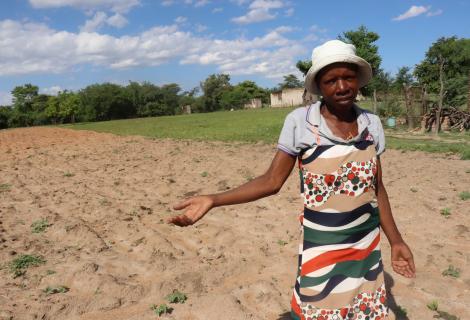
In recent years and in many places around the world, floods, droughts, hurricanes, cyclones, typhoons, rising sea levels, soil erosion, desertification and changing rainfall patterns have become more frequent and more severe. Many communities are experiencing harm to their livelihoods, food security, homes and safety as a result of these disasters.
ActionAid, the Asia Disaster Risk Reduction Network (ADRRN) and Climate Action Network South Asia (CANSA) with the support of the Asia-Pacific Network for Global Change Research (APN) have jointly produced the Handbook for Community-Led Assessment of Climate-Induced Loss and Damage.
The methodology in this Handbook for Community Assessment of Loss & Damage should be used in cases where climate impacts are so severe that communities are facing loss & damage.
NGO facilitators can use this approach when engaging with climate-impacted communities. The participatory tools in this handbook have been developed so that communities can assess the losses and damages they have experienced as a result of climate change, and understand the trends and future changes that climate change impacts may bring.
Communities can use these tools together to assess and record the economic and non-economic losses and damages they have experienced. They can then use this information for a number of purposes including:
- Understanding climate change trends and taking action to avoid or reduce future disasters and losses;
- Giving clear information to local and national authorities to help them understand and map the trends and impacts of climate disasters, and to plan to avoid future disasters;
- Engaging with government to request relief, support or compensation based on the assessment;
- Compiling evidence of climate-induced loss and damage so that national government can demand support from the international community.